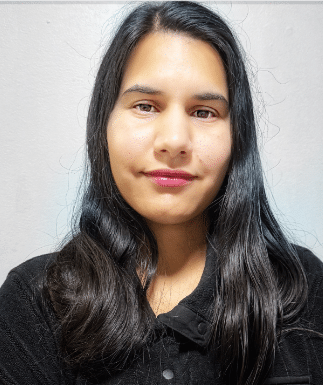Canadian schools do not incorporate enough Indigenous knowledge into their curriculum, leaving Indigenous students disconnected from their culture and history. This lack of representation can make learning less engaging and more challenging for them. Only 22% of Indigenous students finish high school, while 88% of non-Indigenous students do. This is a significant issue because it creates an unequal education system where Indigenous students do not see their culture reflected in their learning. As a result, they may feel excluded or disadvantaged in the classroom and this problem is connected to Canada’s past, especially the harm caused by residential schools, still affecting how Indigenous people trust schools. This study is a systematic review of the literature regarding the impact of teaching methods and community engagement in Indigenizing the curriculum using databases such as Sage Publications, ERIC, and Google Scholar. Community engagement and teaching methods can impact incorporating Indigenous knowledge into the curriculum, taking into account teacher attitudes towards Indigenizing their curriculum. Future research can include quantitative studies to measure how Indigenous content affects student grades, and qualitative studies to explore teacher views on teaching Indigenous topics.

3.88 $
Arti Rani is an educator and scholar in the field of educational leadership. With a strong background in curriculum development, culturally responsive teaching, and transformational leadership, she is...
View all posts





Peer-reviewed academic research platform dedicated to scholarly research by researchers, practitioners, and students worldwide. Explore, collaborate, and share insights to enrich knowledge and enhance professional practices for a global impact
Copyright © 2025 by JOISS Research. All Rights Reserved.
Website Design & Developed By UML Digital
Copyright © 2024 by JOISS Research. All Rights Reserved.
Website Design & Developed By UML Digital